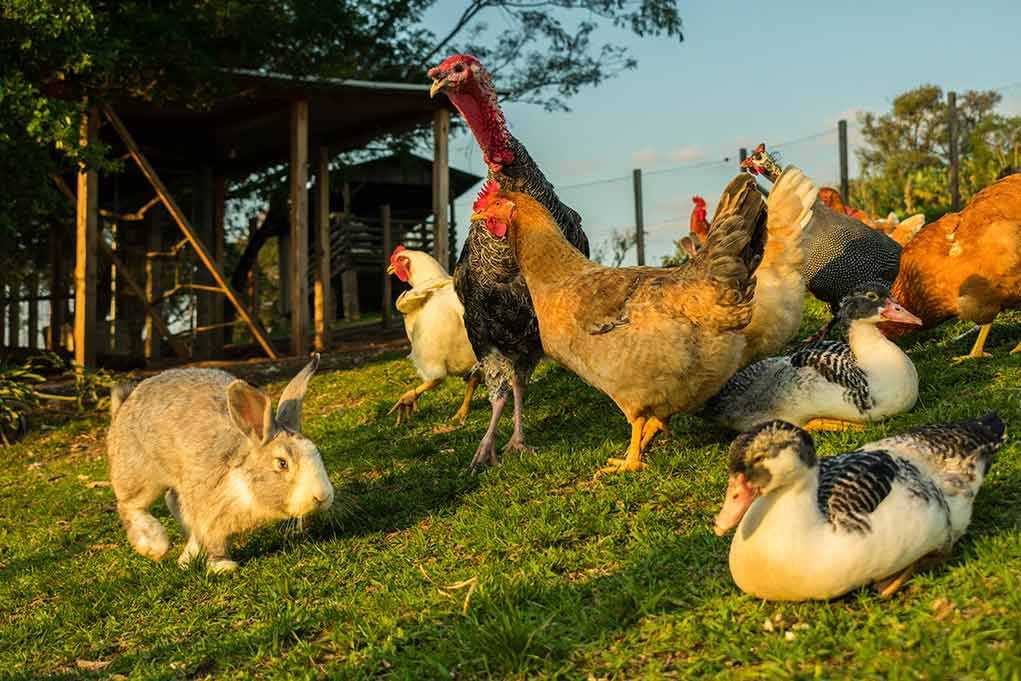
Waffle House removes its 50-cent egg surcharge nationwide as prices finally stabilize, offering welcome relief to Americans still battling inflation at every turn.
Key Takeaways
- Waffle House has eliminated the temporary 50-cent surcharge on eggs that was implemented during the avian flu outbreak earlier this year
- Egg prices are finally stabilizing after a period when costs nearly quadrupled, though May prices remained 40% higher than last year
- Agriculture Secretary Brooke Rollins confirms that decreasing egg prices are contributing to food deflation
- Waffle House serves approximately 272 million eggs annually across its 2,000+ restaurants
- The American Egg Board credits recovery efforts, USDA support, and fewer bird flu cases for stabilizing prices
Egg Prices Finally Cracking Under Pressure
In a rare bit of good economic news for everyday Americans, Waffle House has officially removed the temporary 50-cent surcharge on eggs that was implemented in February. The beloved breakfast chain, which serves a staggering 272 million eggs annually across more than 2,000 locations nationwide, introduced the fee when an avian flu outbreak sent egg prices soaring earlier this year. The price rollback comes as egg supplies have begun to recover and wholesale prices have dropped, though retail prices in May were still over 40% higher than the previous year’s levels.
“Families are seeing relief with egg prices driving food deflation,” said Agriculture Secretary Brooke Rollins.
The Great Egg Shortage of 2025
The egg crisis earlier this year had restaurant suppliers and consumers alike scrambling to find affordable options. Waffle House wasn’t alone in implementing surcharges – other major breakfast chains like Denny’s took similar measures to offset the skyrocketing costs. The shortage became so severe that some restaurants questioned whether they could even secure a reliable supply, regardless of price. The disruption highlighted just how vulnerable our food supply chain remains, especially after years of pandemic-related complications and regulatory burdens on American farmers.
“The price, it almost quadrupled. But also the availability. That’s where it got really scary. It was like, can you get them?” said Ed Powers.
The U.S. egg supply is still in recovery mode. As of June 1, there were approximately 285 million egg-laying hens in the United States, a figure that remains below pre-crisis levels. However, the industry appears to be rebounding, with fewer new cases of avian flu reported and increased production helping to bring prices down. Additionally, seasonal factors are helping – demand for eggs typically decreases after Easter, creating a more favorable supply situation for both restaurants and grocery stores.
America’s Breakfast Institution Returns to Normal
Waffle House holds a special place in American culture beyond just serving affordable eggs and waffles. The chain is so reliable that FEMA informally uses the “Waffle House Index” to assess hurricane damage in affected areas – if the local Waffle House is closed, the situation is truly dire. This resilience and commitment to providing value to customers aligns with their decision to remove the egg surcharge as soon as market conditions allowed, rather than maintaining higher prices to pad profits as many companies have done during the inflation crisis.
“The good news for egg lovers is that ongoing recovery efforts by egg farmers, support from USDA, and a decrease in new cases of bird flu have provided stability in both egg prices and supply,” stated The American Egg Board.
While this small price relief is welcome news, it comes against the backdrop of Americans still facing significantly higher prices across virtually all consumer goods compared to pre-pandemic levels. The temporary nature of the Waffle House surcharge stands in contrast to many other price increases that seem permanent despite improving supply chains. Nevertheless, for regular Waffle House patrons, the removal of the egg surcharge represents a small but meaningful win in the ongoing battle against persistent inflation.

